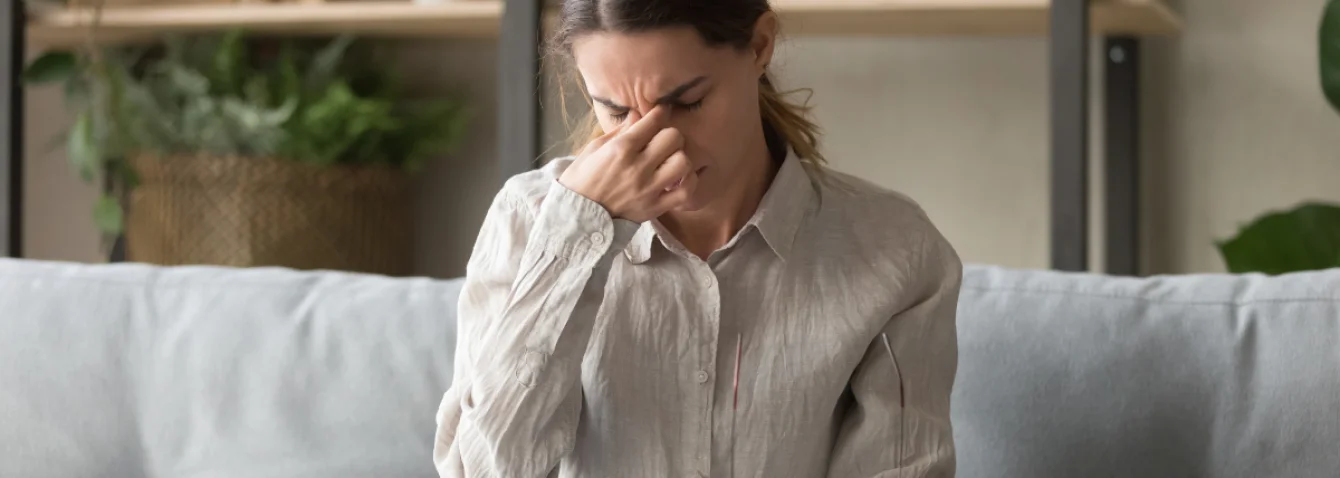
Normalise menopause but don’t normalise women’s suffering and future health risks: NHMS responds to BMJ article
Newson Health Menopause Society responds to an article published this month in the British Medical Journal concluding that ‘medicalisation’ of the menopause fuels negative perceptions.
Martha Hickey, an obstetrician-gynaecologist from Victoria, Australia argues that there is no universal experience of menopause as it is shaped by social, cultural and biological factors. According to Hickey and her colleagues, some women with severe symptoms may benefit from hormone therapy but other effective treatments are available, and to reduce the menopause to focus on symptoms fuels negative expectations. Women may be better equipped to deal with this life stage if gender-based ageism and stigma were challenged more rather than taking a purely medical approach on the issue.
You can read the BMJ article in full here.
For Dr Louise Newson, founder of the Newson Health Menopause Society, and many of her experienced clinical colleagues, this article was a disappointing read and they have been sharing their response to it in the BMJ itself and in the media in the UK this week.
Dr Newson states:
“The core of the problem is that ‘choice’ has for too long been one of women not being listened to, of women being undermined and belittled, of women being told to put up with symptoms that we now know can lead to women leaving their jobs, partners and suffering with horrendous symptoms affecting their quality of lives….There is now a generation of women standing up and demanding change. Telling them what they’re experiencing is just a ‘normal part of ageing’ is frankly, medical gaslighting.”
Dr Newson continues:
“It is absolutely vital that the menopause is recognised as a female hormone deficiency with real health risks and not simply a lifestyle change that doesn’t need medication. Menopause care should be holistic – HRT is not the only treatment that we give as menopause specialists, we also give nutrition, lifestyle, exercise, wellbeing, psychological advice too – but the fundamental thing that women should be offered is choice. If we want to promote choice, we have to start with the ingrained misconceptions and prejudices that surrounds women’s health.”
Many other medical experts and academics wrote their own letters of opinion in response to this article.
Dr Richard Hull’s letter concluded:
“This article could be used to reinforce the current status quo, where it seems acceptable to continue to fail to improve the human condition, to relieve suffering, where we can easily do so. In that light, the ‘medicalisation’ of menopause transition should be seen as a positive thing in as much as it acknowledges a significant deficiency in hormones that can be effectively treated so that people can get on with the important business of leading flourishing lives.”